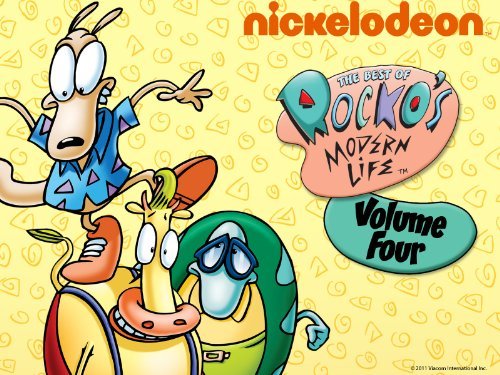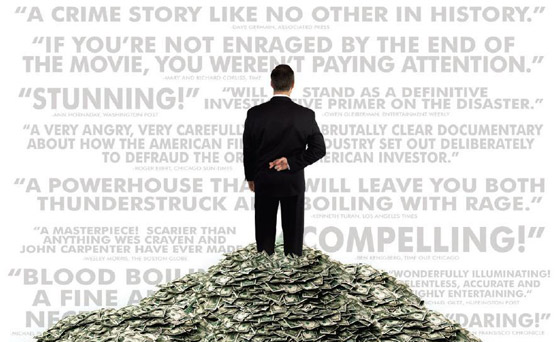It’s very
common that we tend to look back to a time in which we were kids, afraid of the
dark, monsters and other supernatural beings, often laughing now that we take
this things for what they are, superstitions or figments of our imaginations.
As kids our
fears were founded on things we thought as very real, and even if now we laugh
looking back, at that time we did not in fact only believed in monsters, we
KNEW monsters were real, and as such treated them as real dangers and threats
to us.
In my particular
case though, I never actually feared monsters in the classical sense of the
word. What I found the most terrifying thing of all were aliens that could
abduct us in the night. In part, I think this has a basis on the fact that to a
“10 year old me”, I associated aliens with space and science, and that made them
all the more plausible or real. Other important factor in the development of my
fear of aliens was the TV series “OVNI” that aired sometime during the 90’s.
This show talked about “real” cases of abductions and sightings of extraterrestrial
spaceships and beings. Often incorporating interviews.
Now that I
look back I can see that my fears have shifted over the years. From a fear of
the paranormal I’ve come to develop a fear of the acts of real people of flesh
and bone. As I see it, sometimes reality manages to be so much scarier than
anything we invent, or that our minds can fathom.







